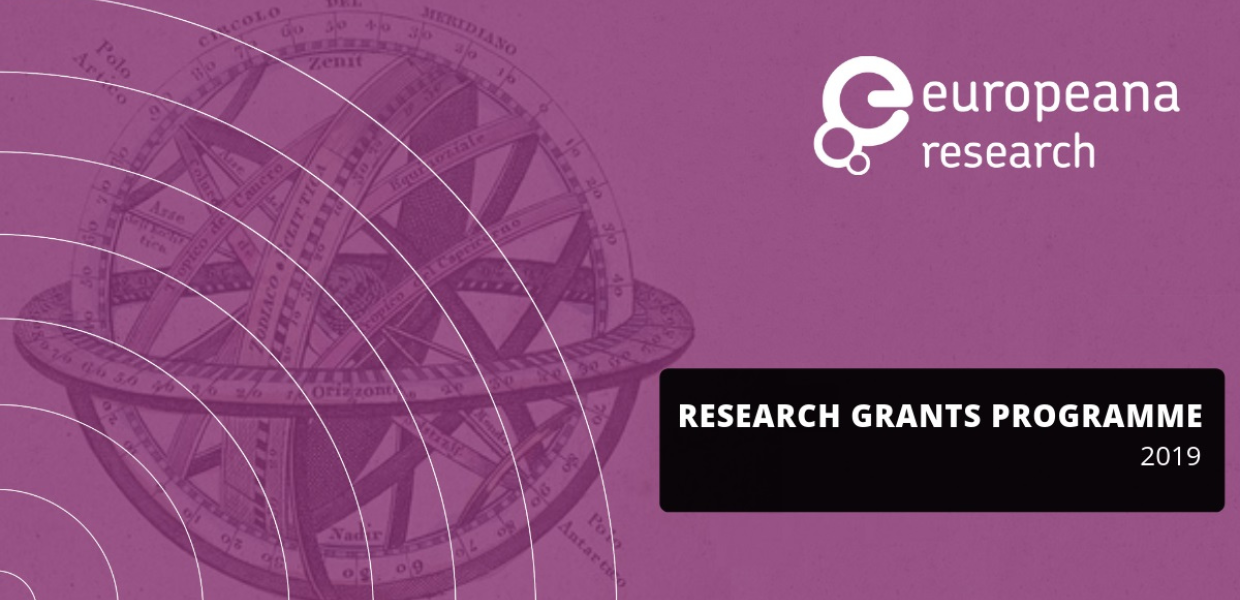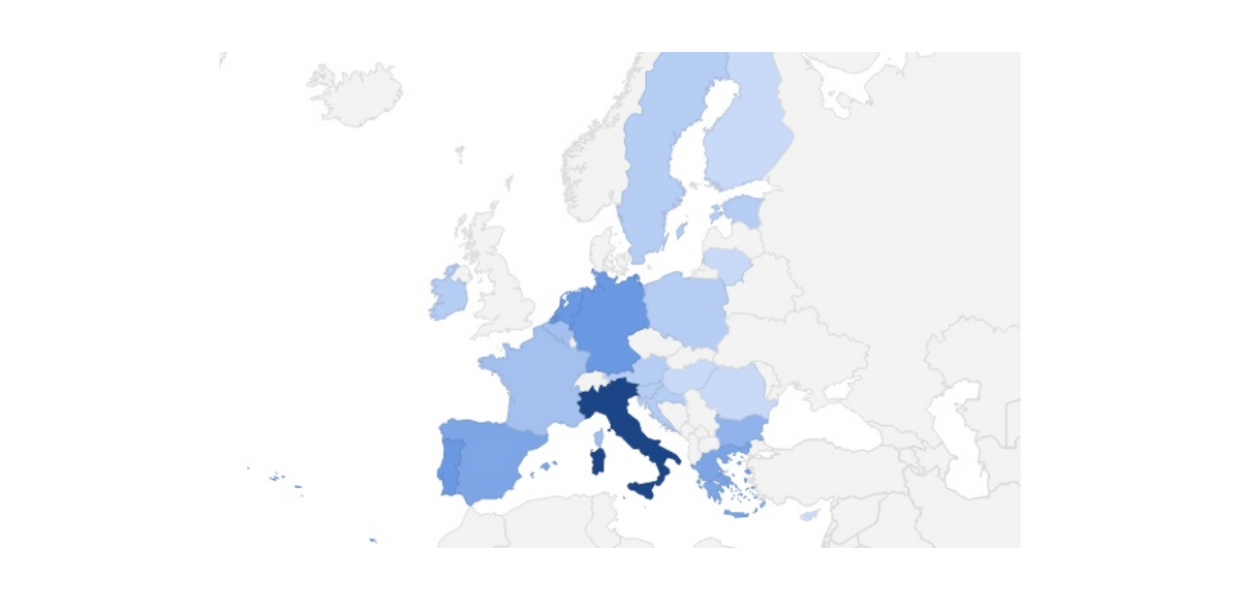The awarded proposals
We are glad to announce and extend our congratulations to these winning proposals:
The University of Amsterdam, The Netherlands: Masterclasses for Open Digital Cultural Heritage, a proposal submitted by Dr Giovanni Colavizza, Assistant Professor of Digital Humanities.
This proposal looks to develop a new event format: one-day masterclasses where a renowned expert or a group of researchers are hosted by a cultural heritage institution. Three masterclasses will take place at as many institutions in the Netherlands from April to June 2020 and will focus on the possible social impact of working with open digital cultural heritage: citizen-engaged heritage science, participatory education and training, organising and mentoring multidisciplinary research groups.
The Catholic University of Leuven, Belgium: A Research Engine for Linked (Open) Data Research on the Circulation of European and non-European Art. 1600-2000, a proposal submitted by Koenraad Brosens, full professor in Art History.
The Europeana grant will be used to organise a workshop in Leuven and a public event in Brussels in March 2020 around the concepts of Linked Open Data/Data Reconciliation, Standardization and Interoperability, Web Publishing. An interdisciplinary group of scholars from art history to cultural studies, from digital humanities to computer science, will address the linking of different digital platforms as a step that can pave the way to the discovery of new patterns, and the need for new forms of narratives that can make accessible new insights to a wider audience.
The Swedish National Heritage Board, Sweden: Enriching metadata - Enriching Research, a proposal submitted by Dr Åsa Larsson, project leader, in collaboration with Dr Anna Foka, Associate Professor in Information Technology and the Humanities and Leader/Manager of the Digital Humanities Initiative at the Institute for Archives, Museums and Libraries (ABM) at Uppsala University.
A joint effort by their two institutions will result in a three-day event in Stockholm in June 2020, during which researchers and heritage professionals will engage in a number of activities aimed at increasing their ability to find and enrich metadata.
The Digital Repository of Ireland: FAIR and Open Data. The opportunities for Humanities researchers, a proposal submitted by Dr Kathryn Cassidy, Software Engineer.
The DRI is a consortium consisting of three research institutes - the Royal Irish Academy, Trinity College and Maynooth University. In collaboration with the Research Alliance Data, it will organise a face-to-face training event in April 2020 followed by an online course in June 2020. They will address issues encountered by researchers as users and producers of FAIR data, and aim to improve the skills of the participants in finding and using particularly Humanities data.



